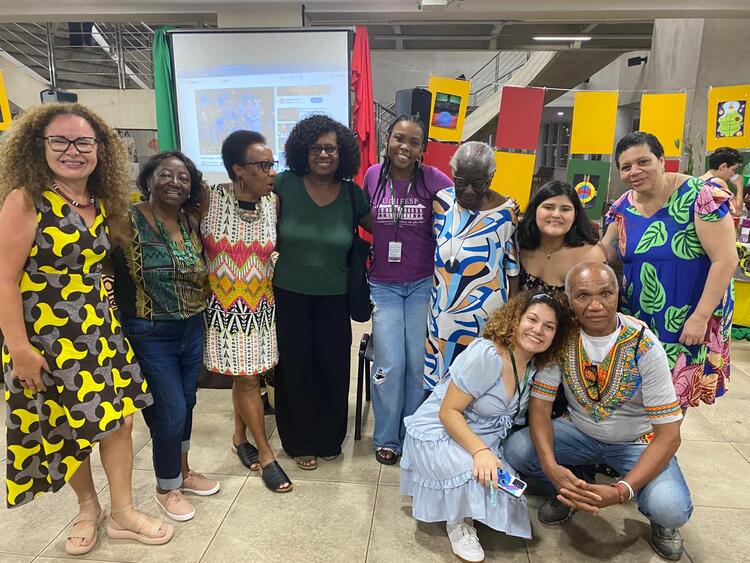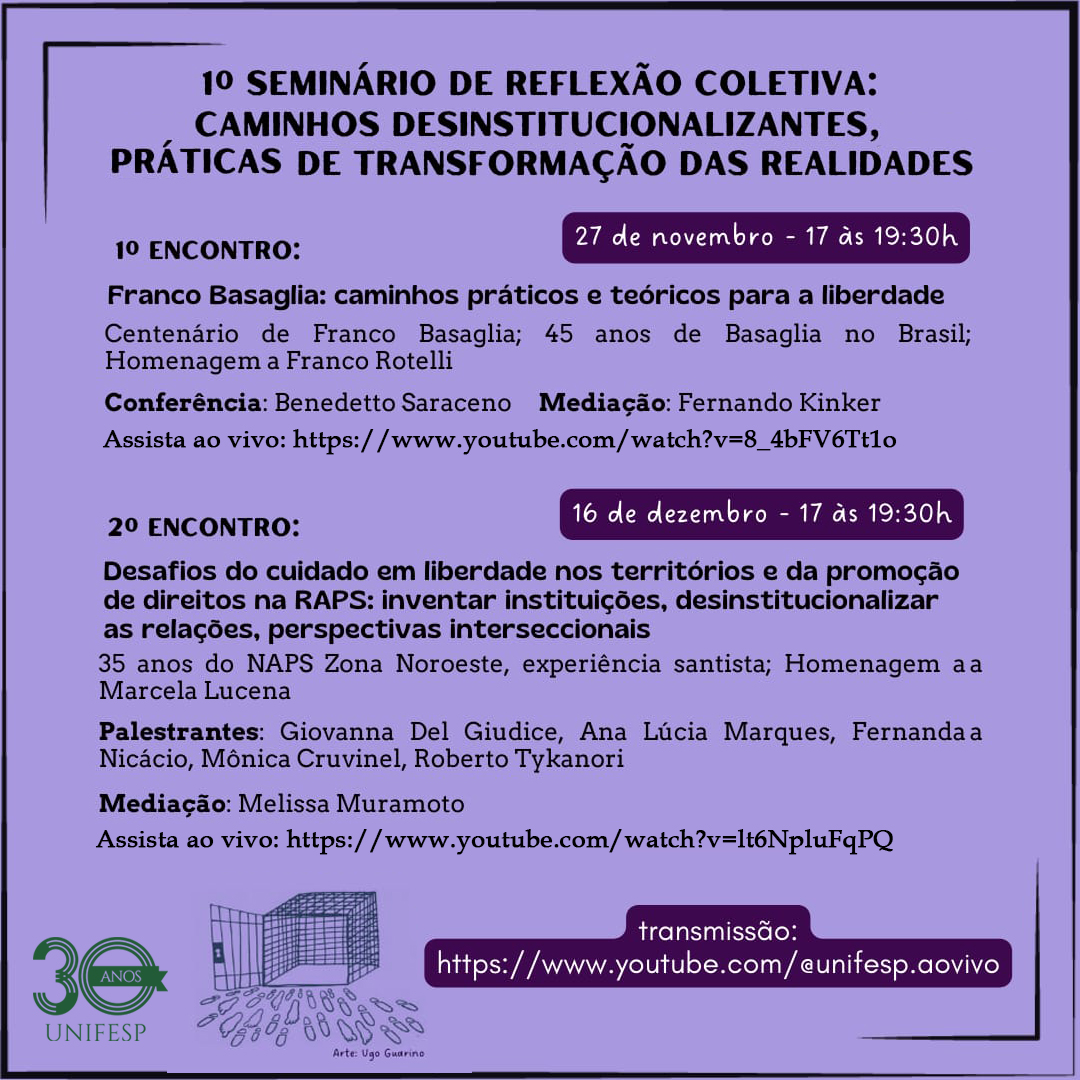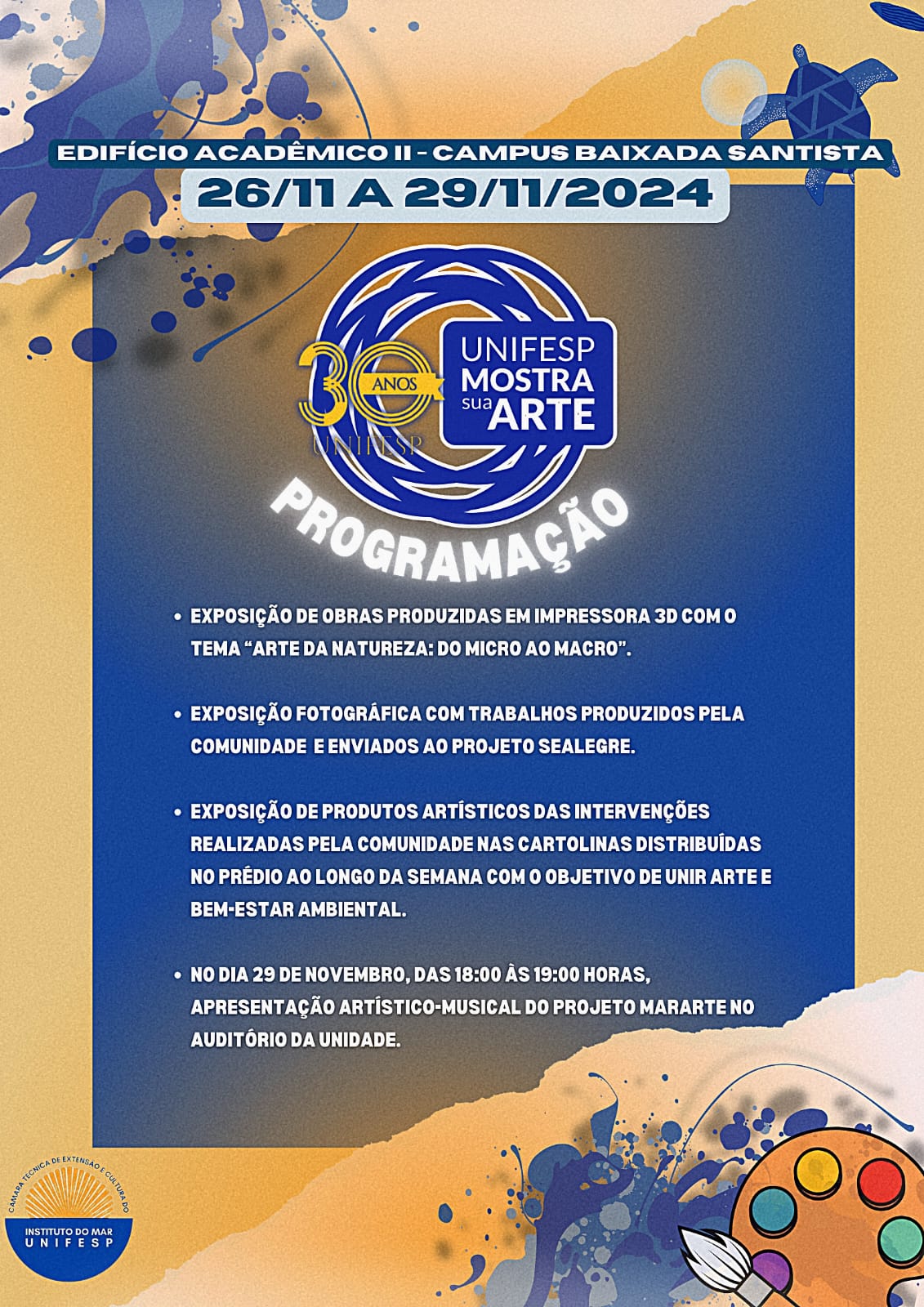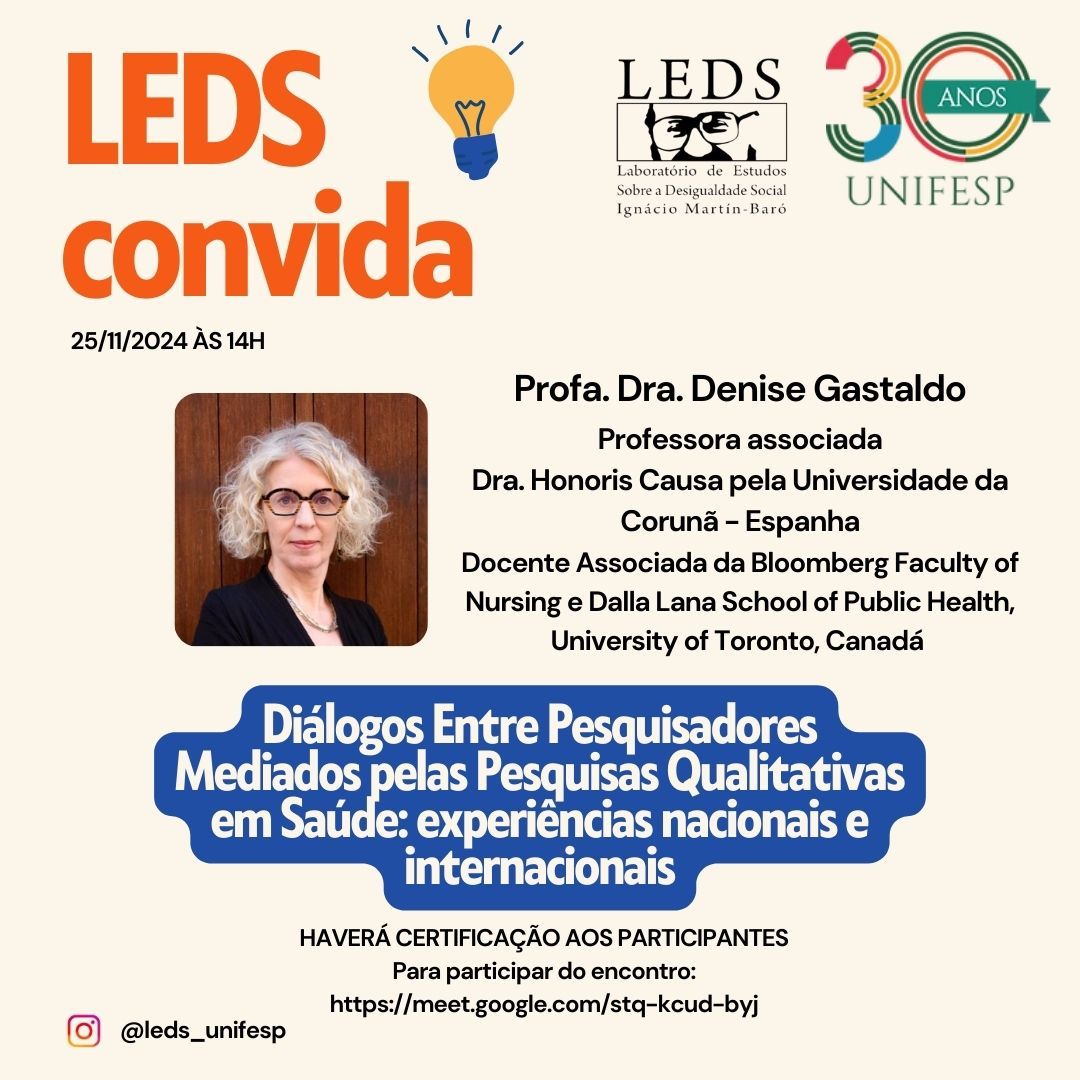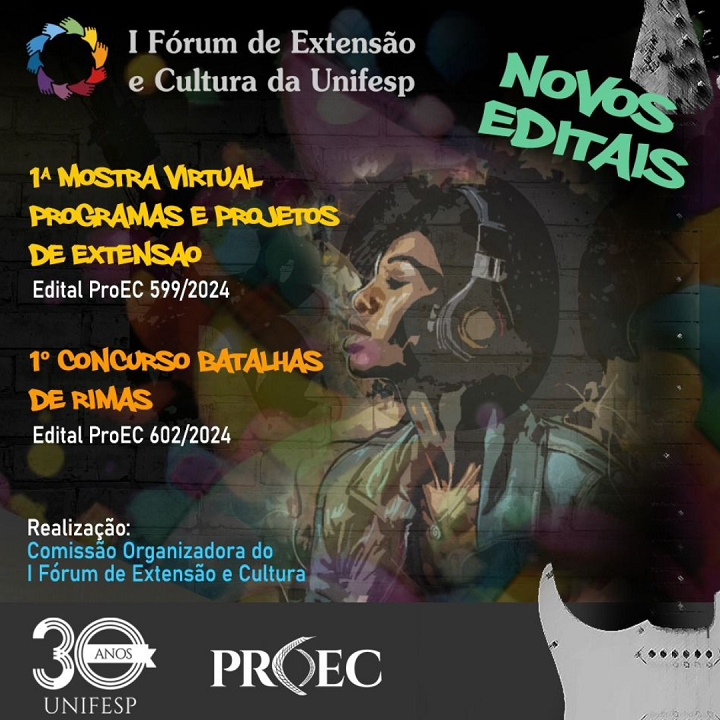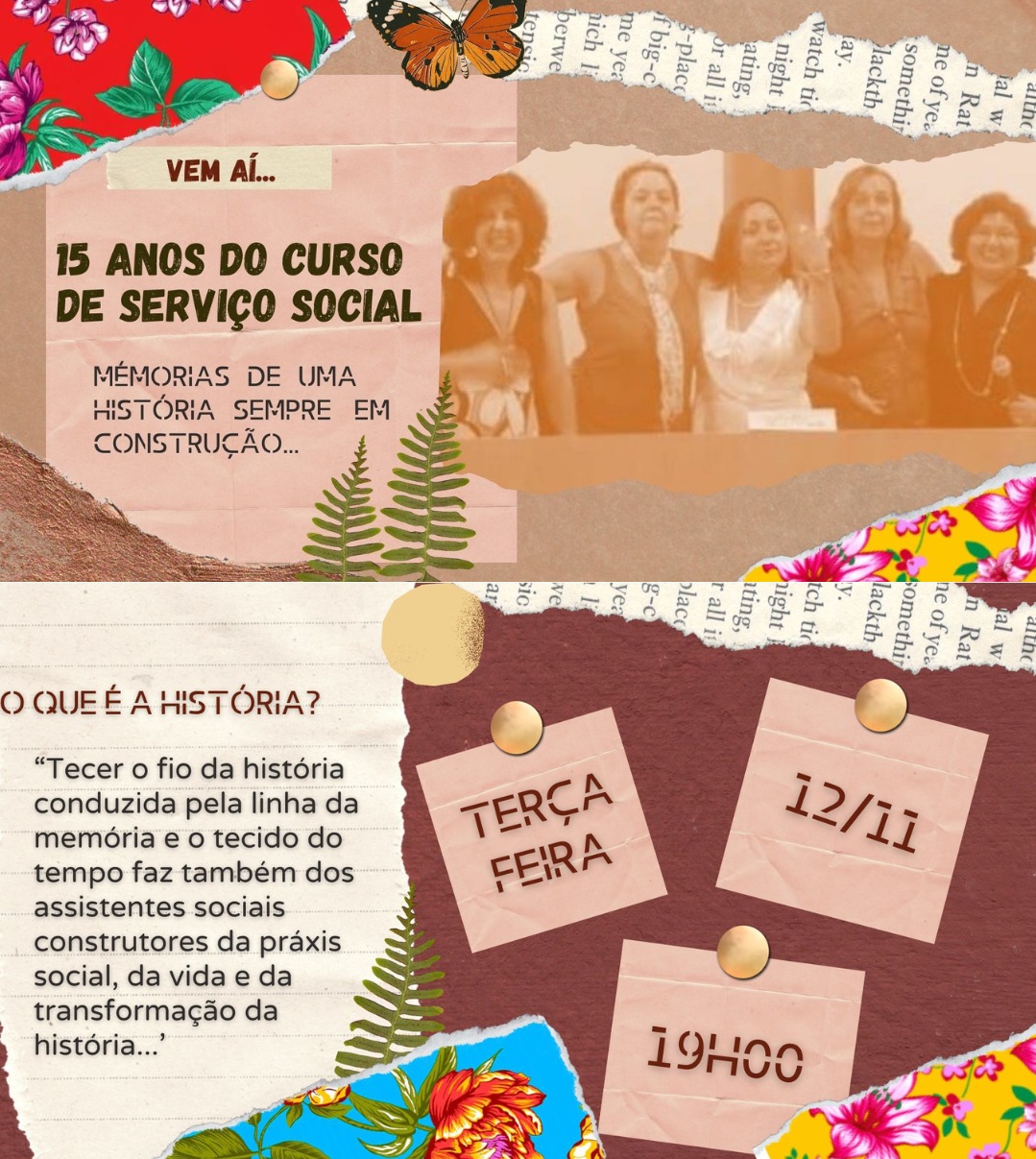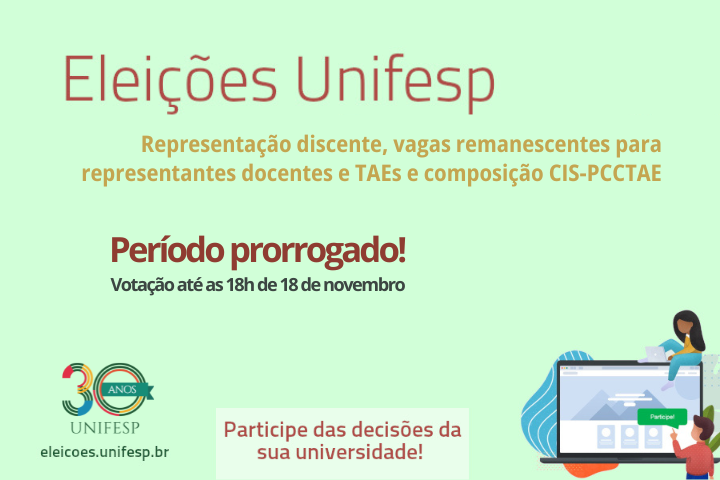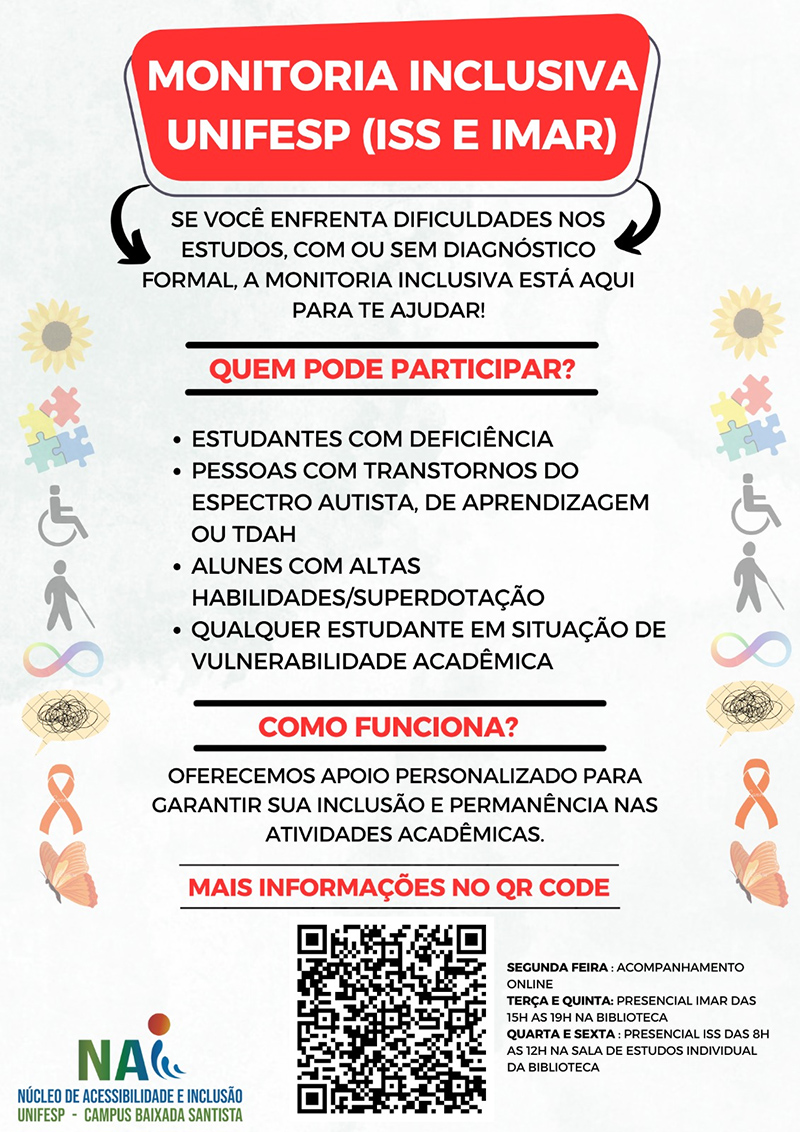Bioassays and Ecotoxicology
The multiple use of the area immediately connected to the continent and the exploitation of ocean resources are among the main threats to the sustainable balance of coastal and marine ecosystems. Since the 19th century, activities with potential environmental and human health impact such as port operations, dumping of municipal and industrial effluents, tourism, fishing and aquaculture have happened in Baixada Santista Area. New perspectives related to the development plan of the Port of Santos and oil and gas exploration activities can add to those. On the other hand, the coastal and marine environment harbors great biodiversity, which can enable the development of new products and technologies, resulting in improvements in the population's quality of life. In this context, it is essential to develop and apply methods aimed at identifying the effects of pollution and testing potential new products, investigating their effects on human health and ecosystems. Ecological, ecotoxicological and experimental studies (in vivo and in vitro) integrating different lines of evidence provide a comprehensive view of the relationship between pollution and its effects on biota and human health and constitute an essential tool for decision making in environmental management. This line of research aims to contribute to the harmonization between advances in the field of environmental sciences and biotechnology. The application is of public interest, in addition to contributing to the understanding of the functioning and interdependence of ecological and socioeconomic systems, aiming at the sustainability of activities developed in coastal and oceanic regions.
Advisors: Augusto Cesar, Gustavo Bueno Gregoracci, Gustavo Rafael Barcelos, Juliana Elaine Perobelli, Paula Jimenez, Regina Cláudia Barbosa da Silva and Rodrigo Brasil Choueri.
Biomaterials
Based on the high rate of traumas and injuries that affect the musculoskeletal, nervous and cartilaginous systems, it is of paramount importance the development of more effective, safer and of reduced cost innovative treatments. Within this theme, the marine environment is largely favorable to the supply of raw materials that can be applied in the development of biotechnological products to be used in the treatment of these injuries. Marine organisms, such as sponges, tunicates, corals, macroalgae and microorganisms, produce small structurally unique molecules (secondary metabolites) that have attracted the attention of the scientific community for decades, mainly because they exhibit pharmacological and anti-fouling properties. Furthermore, synthetic biomaterials such as bioceramics, metals and polymers also have great regenerative potential. Understanding the physical and chemical characteristics of biomaterials is of fundamental importance for the predictability of their behavior in contact with living tissue, providing information for choosing the biomaterial most suitable for use in therapeutic interventions and in the process of accelerating tissue repair. Thus, this line of research aims to study the biocompatibility and cytotoxicity of scaffolds manufactured from species of marine sponges and various synthetic materials, as well as to evaluate the effects of these on the tissue repair process using various experimental models.
Advisors: Ana Claudia Muniz Renno, Daniel Araki Ribeiro, Jose Ronnie de Carvalho Vasconcelos, Livia Assis, Paula Jimenez, Renata Neves Granito and Sang Won Han
Bioprospecting
The recognition of nature as a source of biological products and processes goes back to the oldest civilizations. Still, the exploration of functional molecules derived from living organisms, i.e., natural products, flourishes until recent days. However, it was only about 50 years ago that the marine environment also began to be explored from this perspective. Brazil is home to a mega biodiversity and a continuous coastline of about 8,000 km in length, which represents a great potential for the discovery of molecules of biotechnological interest. The effort undertaken in the search for these products or processes based on nature is so-called bioprospecting, which is initially supported by the identification and characterization of bioactive components originating from macro and microorganisms in the marine environment. The use of natural molecules also demands a rational, but effective, exploration of biodiversity, seeking to innovate in terms of the spaces explored, whether these are environmental, taxonomic, chemical, genomic or with targets of action. It is worth mentioning that this process also includes the development of methods for the production of these components, guaranteeing the use and sustainable supply of the identified products. Thus, the present line of research aims to identify functional molecules from the Brazilian marine biodiversity, aiming at the recognition of new products or processes of high economic and social value. Finally, it is also intended to implement new strategies, as well as the development of innovative technologies aimed at rational and sustainable bioprospecting of marine resources.
Advisors: Alessandra Mussi Ribeiro, Anna Rafaela Cavalcante Braga, Jose Ronnie Vasconcelos, Juliana Elaine Perobelli, Marcos Gazzarini, Mauro Ferreira de Azevedo, Paula Jimenez, Regina Claudia Barbosa da Silva and Sang Won Han.
Bioremediation
Bioremediation is defined as the use of biological processes to degrade, transform and / or remove contaminants from an environmental matrix such as water or soil. It is a process that occurs naturally through the action of bacteria, fungi and plants, where the metabolic processes of these organisms are able to use these contaminants as a source of carbon and energy. Monitored natural attenuation is a concept by which a contaminated area is remedied by natural biodegradation. A combination of chemical and biological methods is usually used for the correct evaluation of these processes. The natural attenuation processes can be initiated or accelerated through the manipulation of environmental conditions making them favorable for the community of organisms present on the site to degrade the pollutant. That can be performed either through the addition of specific nutrients or of specific communities. Many compounds, proven to be toxic, have been introduced into the environment by human activity. Exposure to these contaminants causes many risks, both to the environment and to human health. For this reason, understanding these risks and developing remediation techniques become extremely important. In this context, this line of research aims to prospect and use biological methods that can be directed to the degradation of synthetic organic compounds, as well as to assess the taxonomic identity and metabolic pathways that can be used in bioremediation efforts. Furthermore, the use and development of chemical methods are essential for the validation and verification of the effectiveness of these processes.
Advisors: Andrea Komesu, Caio Fernandes Fontana, Eduardo Dellosso Penteado, Gustavo Bueno Gregoracci, Italo Braga de Castro and Paula Jimenez.






